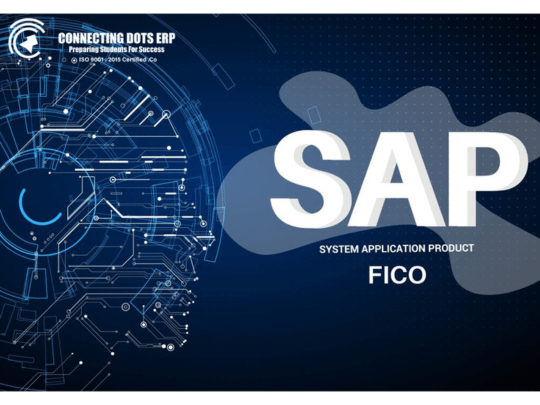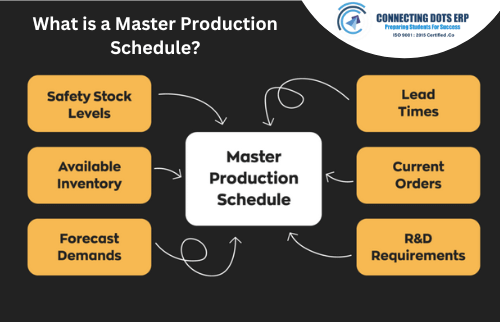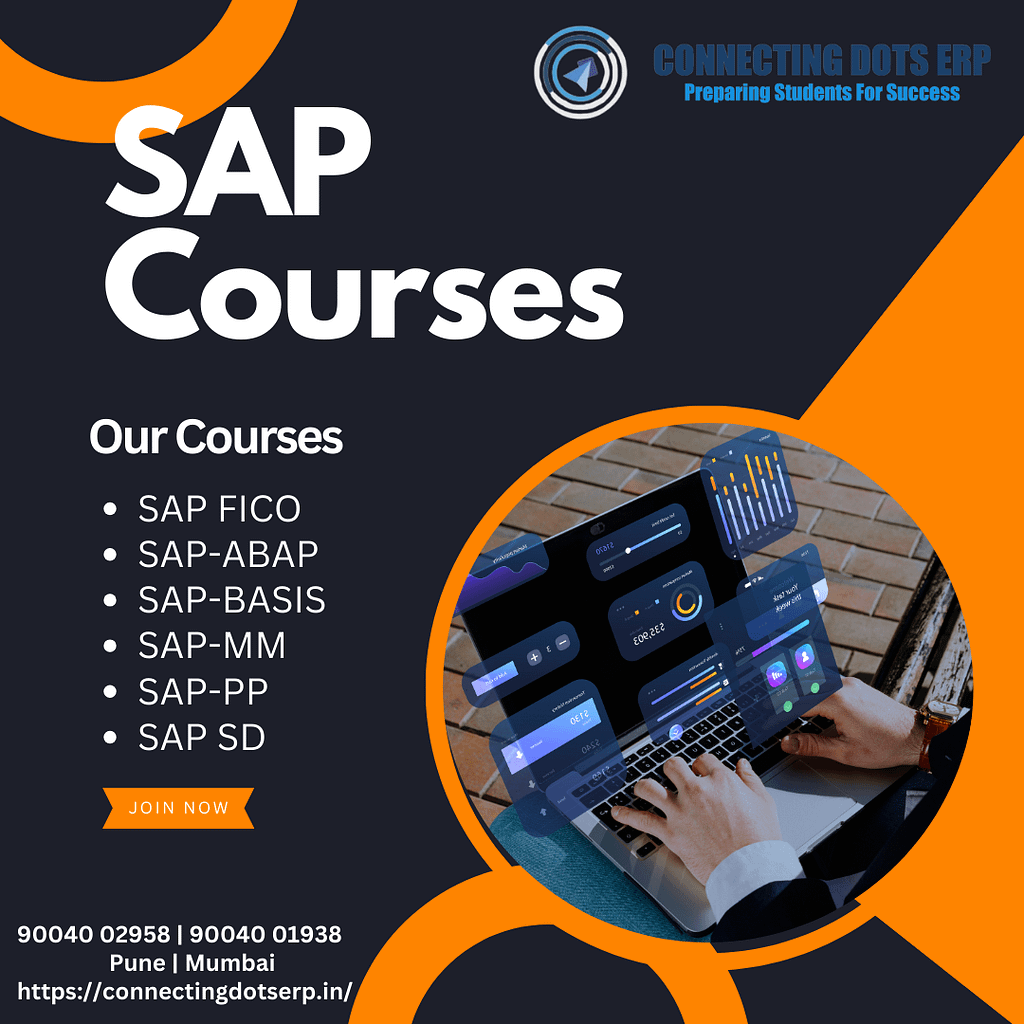Demand and Career in SAP FICO in 2024 | Best Sap Fico Course In Pune
In the ever-evolving world of enterprise software, SAP FICO (Financial Accounting and Controlling) continues to hold a prominent position. As businesses navigate the complexities of the modern economic landscape, the need for skilled SAP FICO professionals remains strong. This blog post delves deep into the demand and career prospects for SAP FICO in 2024, exploring key trends, future outlooks, and valuable insights for aspiring and seasoned professionals alike. In particular, it sheds light on the significance of undertaking a comprehensive SAP FICO course in Pune, acknowledging the city’s role as a hub for quality education and training in this field.
Demystifying SAP FICO: A Cornerstone of Financial Operations
SAP FICO is an integrated module within the broader SAP suite, specifically designed to manage a company’s financial data. It encompasses two core functionalities:
- Financial Accounting (FI): Handles all aspects of financial recording, including general ledger, accounts payable/receivable, fixed assets, and financial reporting.
- Controlling (CO): Focuses on cost management, profitability analysis, budgeting, and forecasting, providing valuable insights for informed decision-making.
By streamlining financial processes, ensuring data accuracy, and offering real-time financial visibility, SAP FICO empowers businesses to:
- Improve efficiency and productivity: Automate manual tasks, streamline workflows, and eliminate data silos.
- Enhance financial control and compliance: Mitigate risks, ensure adherence to regulations, and improve internal controls.
- Gain data-driven insights: Generate comprehensive financial reports, analyze trends, and make strategic decisions based on real-time data.
- Boost collaboration and communication: Foster seamless information exchange across departments for better financial management.
Registration Link: https://connectingdotserp.in/
Call Now: 9004002958 / 9004001938

The Enduring Demand for SAP FICO Professionals
The demand for SAP FICO skills shows no signs of abating. Here’s why:
- Widespread adoption: SAP remains the leading global provider of ERP solutions, with millions of businesses worldwide relying on SAP FICO for their core financial operations.
- Complexity and specialization: SAP FICO Course in Pune offers a vast array of functionalities, requiring specialized knowledge and expertise to configure, implement, and manage effectively.
- Digital transformation: As businesses embrace digital transformation initiatives, the need for professionals who can bridge the gap between finance and technology becomes increasingly crucial.
- Talent shortage: Despite the high demand, a persistent skills gap exists in the SAP FICO domain. Companies struggle to find qualified professionals to manage their complex financial systems.
Trends Shaping the Future of SAP FICO in 2024
The landscape of SAP FICO is constantly evolving, driven by technological advancements and changing business needs. Here are some key trends to watch in 2024:
- Rise of SAP S/4HANA: The next generation of SAP ERP – S/4HANA – is gaining significant traction. It offers a simplified, in-memory database platform with enhanced functionalities. Professionals with knowledge of both FICO and S/4HANA will be highly sought-after.
- Integration with Cloud Technologies: The migration of SAP solutions to the cloud is accelerating. This fosters improved scalability, accessibility, and cost-efficiency. SAP FICO professionals skilled in cloud deployments will hold a competitive advantage.
Registration Link for SAP FICO training: https://connectingdotserp.in/
Call Now: 9004002958 / 9004001938
- Automation and Artificial Intelligence (AI): Automation of repetitive tasks with Robotic Process Automation (RPA) and the integration of AI will significantly impact SAP FICO. Automation will free up professionals to focus on strategic initiatives, while AI can provide advanced analytics and predictive insights.
- Cybersecurity Concerns: As businesses move data to the cloud, cybersecurity considerations become paramount. SAP FICO professionals must stay updated on evolving security threats and best practices.
- Focus on User Experience (UX): SAP is continuously improving the user experience of its software. FICO professionals who understand the new interface and can guide users effectively will be valuable assets.
Flourishing Careers in SAP FICO: Opportunities Abound
A career in SAP FICO presents a plethora of exciting opportunities. Here’s a breakdown of potential career paths:
- SAP FICO Consultant: Implement and configure SAP FICO modules, analyze business requirements, and provide ongoing support to clients.
- SAP FICO End-User: Utilize SAP FICO for day-to-day financial activities like accounts payable/receivable, general ledger transactions, and reporting.
- SAP FICO Project Manager: Lead SAP FICO implementation projects, manage resources, and ensure project success within budget and timelines.
- SAP FICO Analyst: Analyze financial data generated by SAP FICO, generate reports, and provide insights to support strategic decision-making.
Enroll For SAP Fico classes: https://connectingdotserp.in/
Call Now: 9004002958 / 9004001938
These roles offer competitive salaries, career growth potential, and the chance to work with leading organizations across diverse industries.
Equipping Yourself for Success: Essential Skills and Certifications
To thrive in a SAP FICO career, honing your skillset is crucial. Here are some essential skills and certifications to strengthen your SAP FICO profile in 2024:
- Technical Skills: – In-depth knowledge of SAP FICO functionalities across various modules. – Proficiency in configuring and customizing SAP FICO settings. – Understanding of data migration techniques for SAP FICO implementations. – Familiarity with SAP S/4HANA migration concepts (if applicable). – Basic knowledge of SQL for querying data.
- Soft Skills: – Strong analytical and problem-solving abilities. – Excellent communication and interpersonal skills. – Time management and organizational skills. – Ability to adapt to change and learn new technologies. – Collaborative mindset and teamwork skills.
- Business Acumen: – Understanding of core accounting principles and financial processes. – Familiarity with industry-specific business practices. – Ability to translate business needs into technical solutions within SAP FICO.
SAP Certifications:
Earning relevant SAP certifications significantly enhances your credibility and marketability:
- Certified Application Associate (CAA): A foundation-level certification for beginners, demonstrating basic understanding of SAP FICO functionality.
- Certified Professional (CP): A mid-level certification validating your proficiency in implementing and configuring specific SAP FICO modules.
- Certified Technology Associate (CTA): Validates technical knowledge for customizing and developing SAP FICO functionalities.
These are just some of the most common certifications. Research the latest offerings from SAP to find the ones that best align with your career goals.
Career Progression and Salary Expectations
A career in SAP FICO offers a clear path for progression with increasing experience and expertise. Here’s a potential roadmap:
- Entry-level (1-3 years): SAP FICO Consultant (Junior), End-User
- Mid-level (3-7 years): SAP FICO Consultant, Project Manager, Analyst
- Senior-level (7+ years): Solution Architect, Team Lead, Manager
Salary expectations vary based on factors like experience, location, industry, and certifications. However, SAP FICO professionals typically command competitive salaries, often exceeding industry averages. Salary comparison websites can provide more specific information based on your location and experience.
Staying Ahead of the Curve: Continuous Learning and Development
The SAP landscape is dynamic and evolving constantly. To maintain your competitive edge, continuous learning and development are essential:
- Participate in online courses and training programs: Stay updated on the latest features, functionalities, and trends in SAP FICO, including S/4HANA migration or cloud deployments.
- Attend industry conferences and workshops: Network with other professionals, learn from industry experts, and gain insights into emerging trends.
- Explore advanced certifications: Pursue advanced SAP FICO certifications to demonstrate your expertise in specific areas and differentiate yourself from the competition.
- Read industry publications and blogs: Stay informed about the latest news, developments, and best practices in the SAP FICO domain.
Registration Link: https://connectingdotserp.in/
Call Now: 9004002958 / 9004001938
Conclusion:
With its ever-increasing demand and promising career prospects, SAP FICO offers a rewarding and future-proof career path. By equipping yourself with the necessary skills, certifications, and a commitment to continuous learning, you can position yourself for success in this dynamic field. Whether you are a seasoned professional or just starting your journey, the SAP FICO landscape holds immense potential for growth and accomplishment. Embrace the ongoing evolution of SAP FICO, continuously refine your skillset, and carve out a fulfilling career in this ever-evolving domain.



